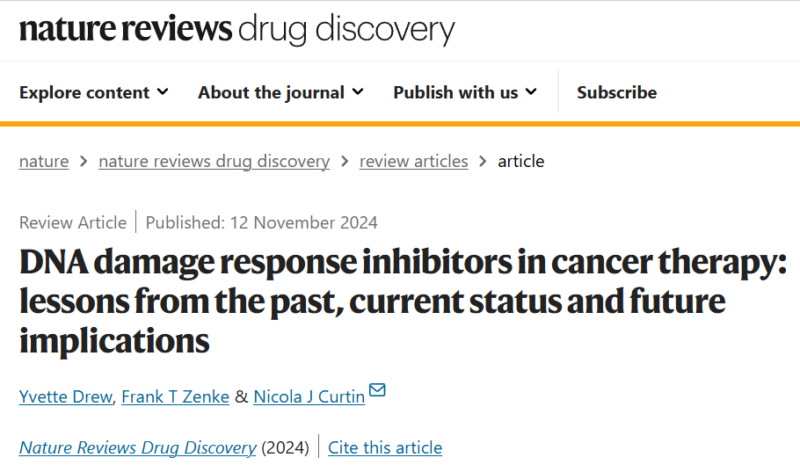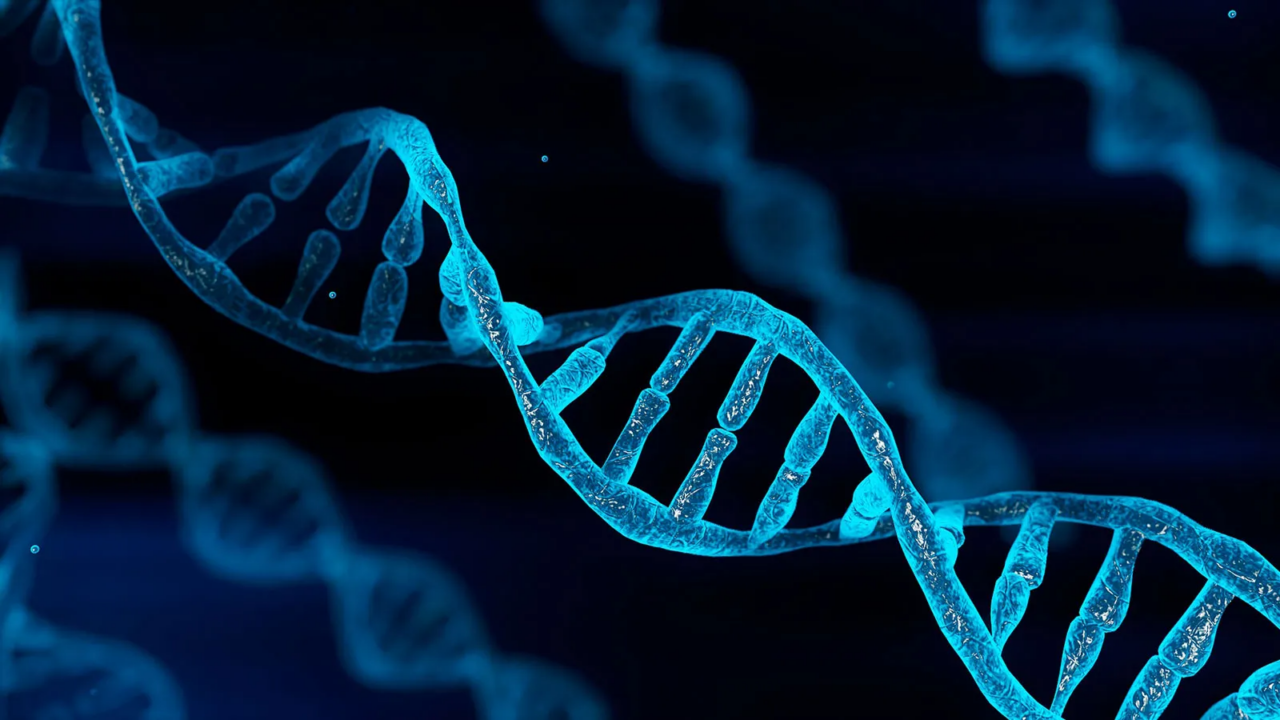James P. Crowley, Professor of Medicine Emeritus at Brown University, reshared a post by Wafik S. El-Deiry, Associate Dean for Oncologic Sciences at the Warren Alpert Medical School, who shared an article by Yvette Drew on LinkedIn:
“The DNA damage response (DDR) is a network of proteins that coordinate DNA repair and cell-cycle checkpoints to prevent damage being transmitted to daughter cells. DDR defects lead to genomic instability, which enables tumour development, but they also create vulnerabilities that can be used for cancer therapy.
Historically, this vulnerability has been taken advantage of using DNA-damaging cytotoxic drugs and radiotherapy, which are more toxic to tumour cells than to normal tissues. However, the discovery of the unique sensitivity of tumours defective in the homologous recombination DNA repair pathway to PARP inhibition led to the approval of six PARP inhibitors worldwide and to a focus on making use of DDR defects through the development of other DDR-targeting drugs.
Here, we analyse the lessons learnt from PARP inhibitor development and how these may be applied to new targets to maximize success. We explore why, despite so much research, no other DDR inhibitor class has been approved, and only a handful have advanced to later-stage clinical trials.’
Quoting Wafik S. El-Deiry‘s post:
“DNA damage response inhibitors in cancer therapy: lessons from the past, current status and future implications.”
Authors: Yvette Drew, et al.

James P. Crowley is a Professor of Medicine Emeritus at Brown University and serves as a volunteer physician at the Rhode Island Free Clinic. He has held leadership positions in the medical community, including past President of the Rhode Island Medical Society and the last President of The Providence Medical Association.
Wafik S. El-Deiry, MD, PhD, FACP, FRSM, is the Associate Dean for Oncologic Sciences at the Warren Alpert Medical School and Director of the Legorreta Cancer Center at Brown University and Director of the Joint Program in Cancer Biology at Brown University and affiliated hospitals. He is the Editor in Chief at Oncotarget. Dr. El-Deiry discovered p21(WAF1) as a p53 target gene, cell cycle inhibitor, and tumor suppressor that explained the mammalian cell stress response. Dr. El-Deiry’s research is focused on mechanisms of therapy resistance with major efforts in drug discovery and development.


